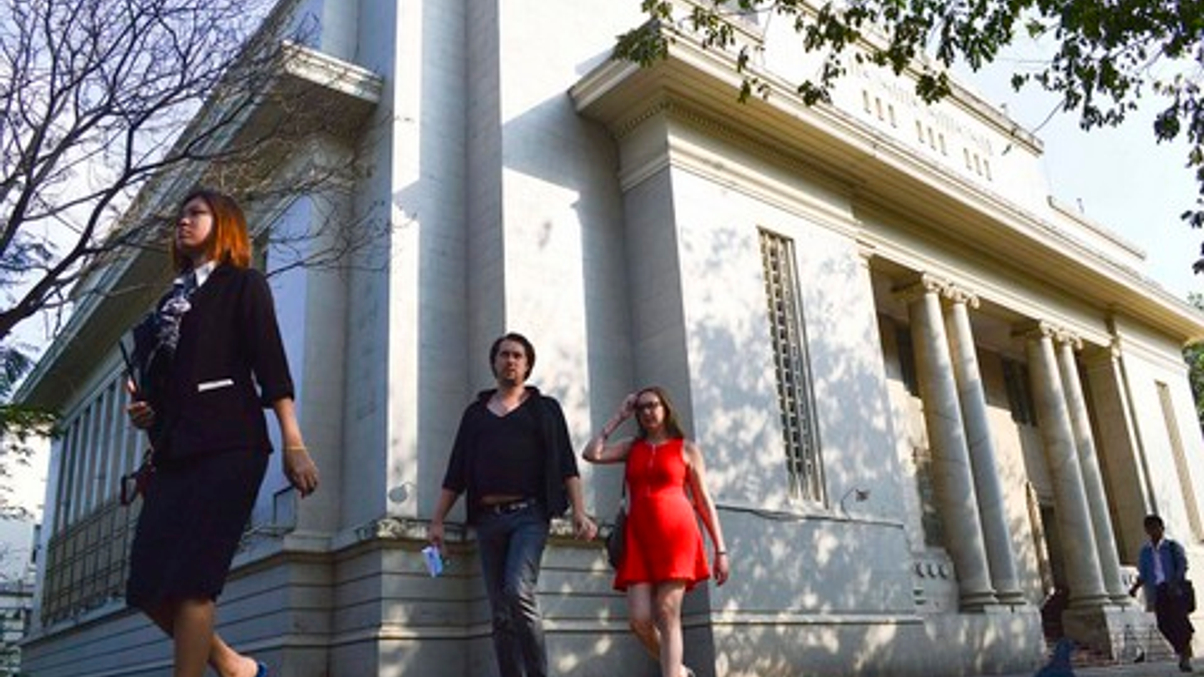Myanmar seeks to ignite investor demand for stocks
Myanmar's stock market is on the cusp of opening the door to foreigners. They could be forgiven for not rushing in, despite the new exchange's best efforts.

Aung San Suu Kyi had little time for charming foreign investors when in opposition.
Sign in to read on!
Registered users get 2 free articles in 30 days.
Subscribers have full unlimited access to AsianInvestor
Not signed up? New users get 2 free articles per month, plus a 7-day unlimited free trial.
¬ Haymarket Media Limited. All rights reserved.


